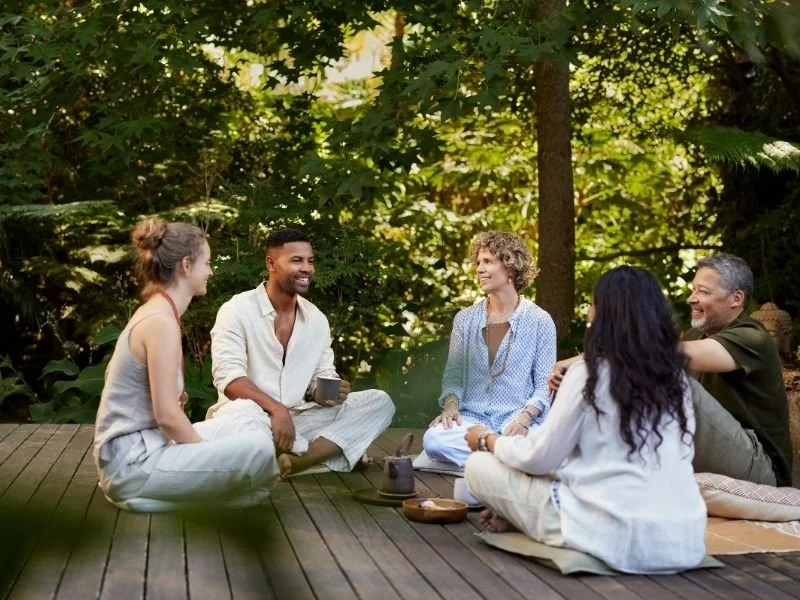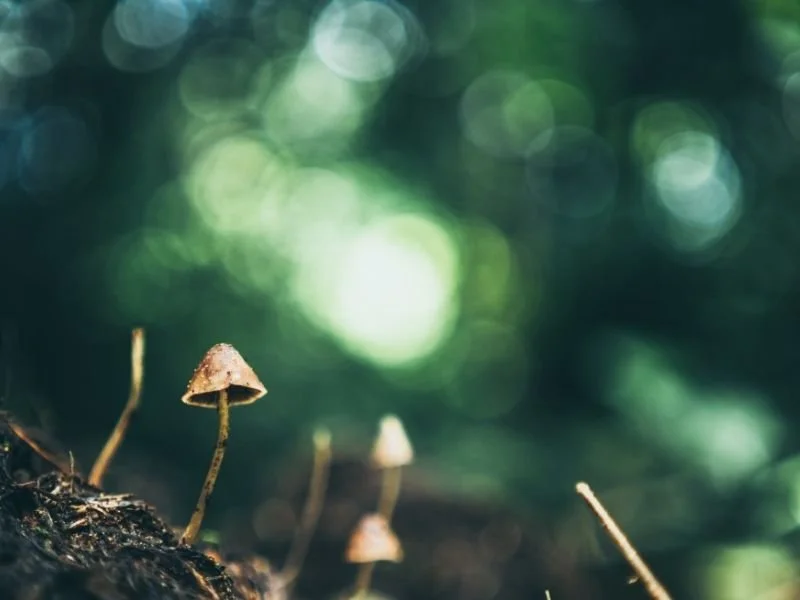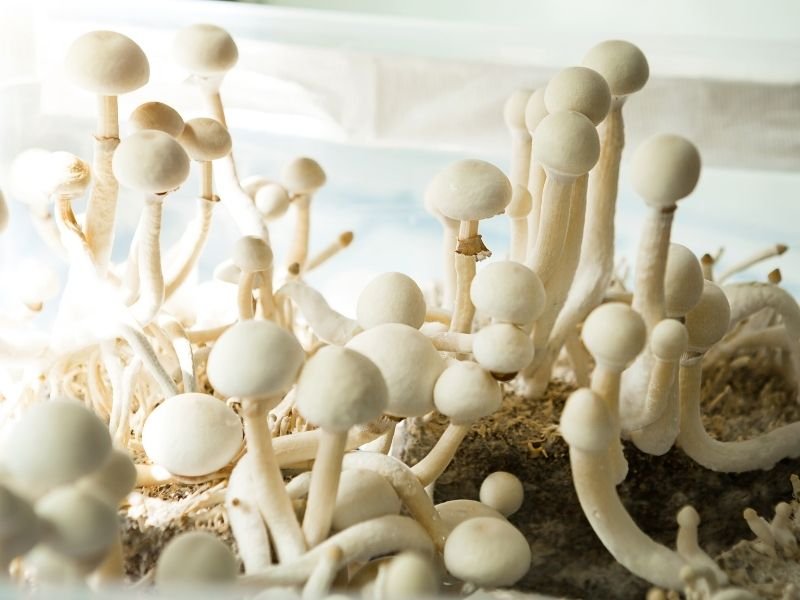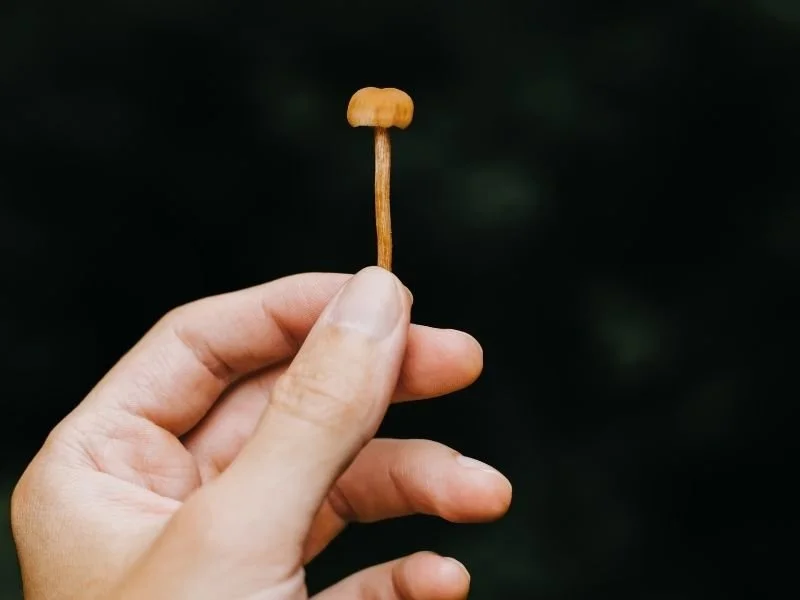
Viewpoint
Transformative Education for Empowering Psilocybin Use
Spiritual but not religious: How psilocybin helps people reconnect with meaning
As interest grows, many people want to understand why psilocybin feels meaningful and how it supports spiritual exploration without requiring religious affiliation.
Does psilocybin show up on a drug test?
If you’re exploring a psilocybin retreat or simply learning more about psychedelic-assisted experiences, it’s completely natural to have practical questions. One of the most common concerns people have—especially in the U.S.—is how psilocybin interacts with drug testing and whether it could show up on a screening.
The difference between a retreat and a solo psychedelic experience
Once you have decided to explore the profound potential of this medicine, the question arises: Where and how should I do this? For some, the idea of a solo experience at home feels familiar and private. For others, the structure of a professional retreat offers a sense of security and depth that is difficult to replicate alone.
Why group psilocybin settings accelerate pro-social bonding
Group psilocybin settings do more than just provide a shared space; they create a unique neurobiological and sociological environment that accelerates pro-social bonding.
How long does psilocybin take to work? Understanding onset, peak, and duration
Whether for therapeutic, spiritual, or personal exploration, understanding the temporal arc of a psychedelic journey is essential for physical safety and emotional grounding.
How does psilocybin affect the body? A research-informed guide for curious seekers
Psilocybin is one of the most studied psychedelics, with many clinical studies exploring its use for treating depression, anxiety, substance use disorders, and end-of-life anxiety.
Mescaline vs psilocybin: Understanding the differences and choosing the right path
This article outlines the key differences between mescaline and psilocybin so you can choose the one that suits your needs.
MDMA vs psilocybin: A detailed comparison for therapeutic use
MDMA and psilocybin are the most researched and in the news because both may provide healing for those that cannot find healing through traditional medicines.
How psilocybin promotes inner clarity and self-understanding
This article will provide a wider perspective on the connection between using psilocybin and developing greater clarity of mind and self-awareness.
Psilocin vs psilocybin: key differences and their effects explained
Discover the key differences between psilocin and psilocybin, their effects, and how they impact your experience. Read more to learn the essentials!
Psilocybin vs LSD: A comprehensive comparison of psychedelic effects
Explore the key differences between psilocybin and LSD, including their effects, benefits, and risks. Read on to make informed choices about psychedelics.
Ketamine vs psilocybin: comparing their therapeutic benefits and risks
Explore the effectiveness of ketamine and psilocybin in mental health treatment. Discover their benefits and limitations. Read the article to learn more.
What is psilocybin? Understanding magic mushrooms and their effects
Discover the effects and uses of psilocybin in magic mushrooms. Learn about their potential benefits and risks. Read the article to find out more.
Psilocybin delays aging and extends lifespan: New research suggests
There is now a growing body of research that suggests that this compound might offer even broader benefits, potentially slowing aging and extending lifespan.
How long does a mushroom trip last?
For those who are curious about trying psilocybin or seeking to understand its impact, the main question is: how long does a mushroom trip last?
Is microdosing addictive? Differences between microdosing and macrodosing psilocybin
A crucial question that underpins all psychedelic use is the potential for addiction, a concern that requires careful consideration for both dosing strategies.
Psilocybin PTSD: Exploring innovative treatment options for veterans
Psilocybin treatment has shown positive outcomes for many PTSD patients nationwide.
Is psilocybin nature’s way of reminding us we’re not in control?
We structure our lives around schedules, plans, and the illusion of certainty.
Are you your thoughts, or just the observer? Psychedelics push us to decide
The mind’s daily monologue often dictates our mood and behavior. We believe if the thought is in our head, it must be us.
If psilocybin can rewire the brain, what does that mean for our identity?
Psilocybin lets us break free from old, restrictive thought loops. But what does this mean for the stable self we call our identity?




















